Smart Health For Young Africa
To create an inclusive and accessible health network where young people, both online and offline, can easily access essential products and services that help them fight HIV & early pregnancy, bridging the gap between urban and rural communities through a widespread network of branches and digital platforms.
Coming Soon
Launching the Condom Donation Program
Promoting Safe Health Practices in Urban Areas
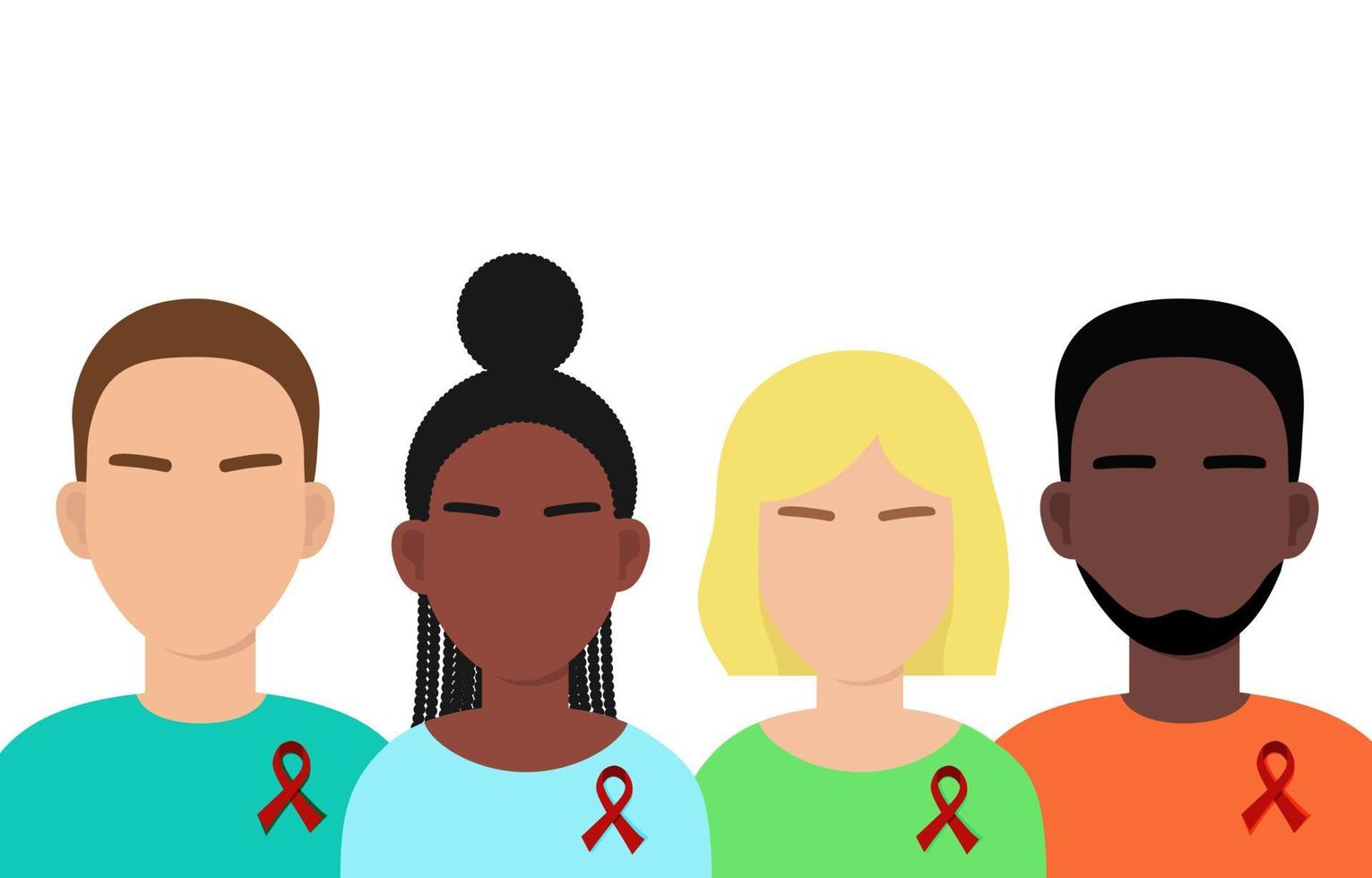
Our Focus
STOP
HIV/ADS
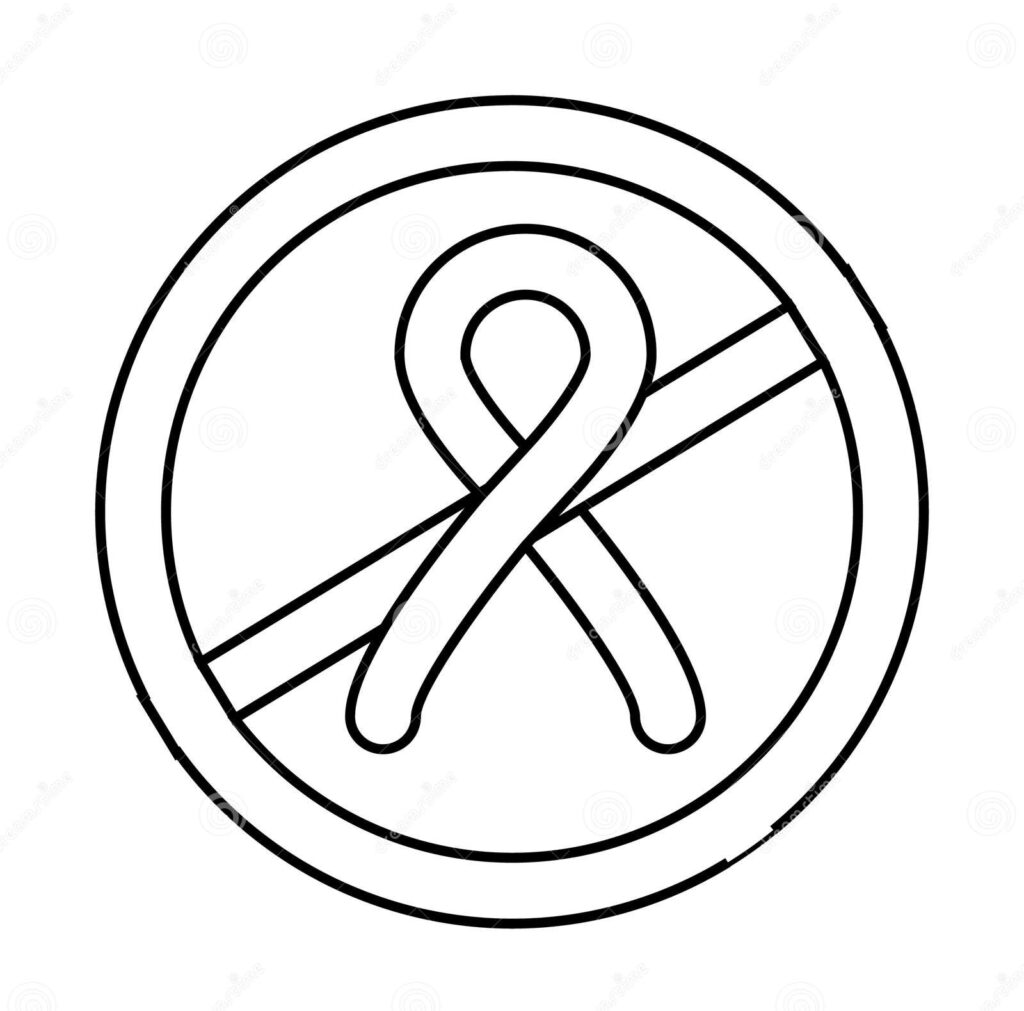
STOP HIV/AIDS
Abstaining eliminates the risk of HIV Condoms reducing the risk of HIV
TEENAGE PROGAMS

TEENAGE PROGAMS
Comprehensive sex education is key to prevent pregnancy.
UNPLANNED PREGNANCY
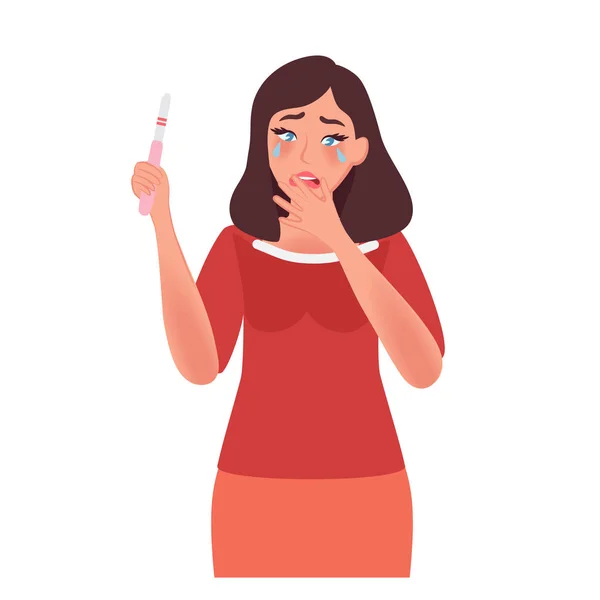
UNPLANNED PREGNANCY
Teens should learn about emotional, physical& social aspects
Next Generation of Creativity

Condoms prevent the exchange of fluids, which is how HIV spreads. By always using condoms, you lower the risk of getting or passing on HIV, leading to safer sexual experiences. Whether in a new or long-term relationship, using condoms helps protect your health and gives you peace of mind. It’s a simple and important step for lifelong well-being. Using condoms is a key way for young people in Africa to avoid unplanned pregnancies.
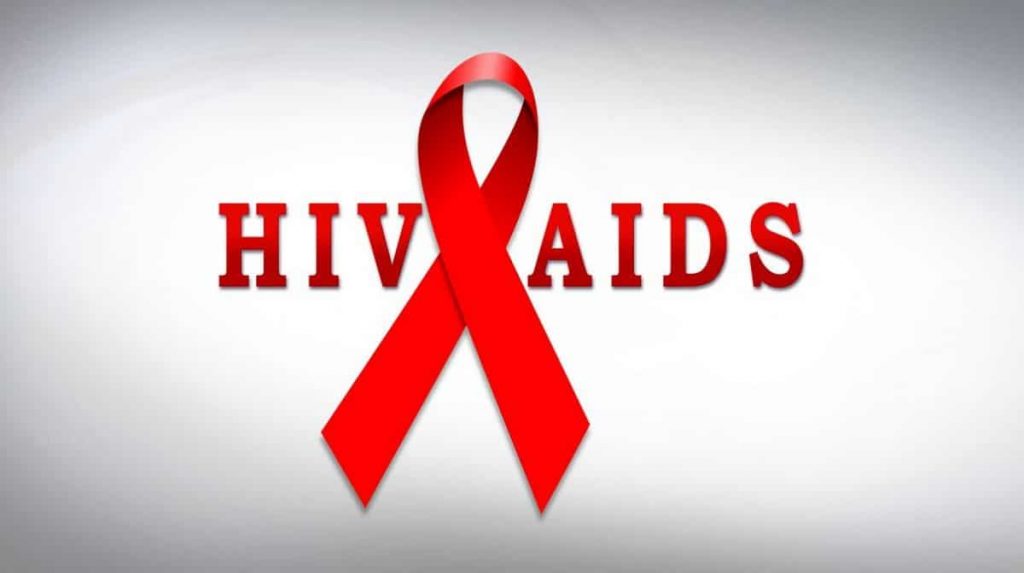
STOP HIV/AIDS
Abstaining from sexual activity entirely eliminates the risk of HIV transmission through sexual contact.

STOP UNPLANNED PREGNANCY
Comprehensive sex education is key to informing individuals about the options available to prevent pregnancy.

STOP HIV
Condoms: When used correctly, condoms create a barrier that prevents the exchange of bodily fluids, significantly reducing the risk of HIV transmission.
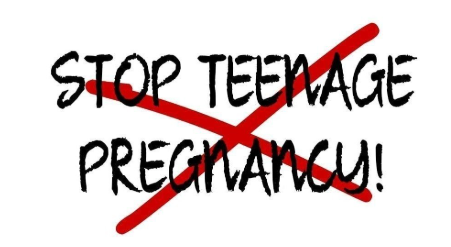
TEENAGE PROGAMS
Teens should learn about consent, emotional, physical, and social aspects of relationships to make responsible choices for sexual health.

2019
Since

50+
Members

65%
Successful Projects

80+
Happy Customers
Frequently Asked Questions
How can I prevent HIV?
Using condoms consistently and correctly during sex.
Getting tested regularly for HIV, especially if you have multiple partners or engage in unprotected sex.
Taking Pre-Exposure Prophylaxis (PrEP) if you are at high risk for HIV.
It’s a medication taken daily that helps prevent HIV infection.
Taking Post-Exposure Prophylaxis (PEP) within 72 hours after potential exposure to HIV (like after unprotected sex).
Having a monogamous relationship with a partner who has tested negative for HIV.
Choosing to abstain from sexual activity.
Can HIV be transmitted through kissing?
HIV is not transmitted through kissing unless there are open sores or bleeding gums in the mouth, and both partners have HIV-positive blood in their mouths. However, regular kissing is not a common mode of HIV transmission.
What are the best ways to avoid teen pregnancy?
Abstinence or choosing to delay sexual activity until you feel ready for the responsibilities that come with sex and potentially becoming a parent.
Encouraging self-esteem and education about life goals can help teens focus on their futures and avoid unintended pregnancies.
Avoiding Unplanned Pregnancy?
Condoms (when used correctly) are a reliable and inexpensive option that also protect against STIs.
Emergency contrace ption (Plan B) can be used after unprotected sex to prevent pregnancy.
If my partner has HIV, can I still have a healthy relationship?
With proper treatment and prevention methods. If your partner with HIV is on antiretroviral therapy (ART) and has an undetectable viral load, they cannot transmit the virus to you. This is called “undetectable = untransmittable” (U=U).
Meet the Team
Meet our team of dedicated professionals.

JANVIERE.I
MD

Gustave.N
Project M

Valencia.M
Advisor

Amandin.M
Tech Advisor

Emmy. H
Finance

Jean P. N
Communicat_

Evelyne.M
Advisor